Proceedings Of The National Academy Of Sciences
-

Lighting up iron levels
A new probe enables iron imaging in living animals, providing a unique tool for studying iron’s contributions to health and disease. Read MoreJan 11, 2018
-

Brain lesions and criminal behavior linked to moral decision-making network
When brain lesions occur within the brain network responsible for morality and value-based decision-making, they can predispose a person toward criminal behavior, according to new research by Ryan Darby, MD, assistant professor of Neurology at Vanderbilt University Medical Center (VUMC). Read MoreDec 18, 2017
-

An immune regulator of addiction
Although drug addiction is classically studied in a neuron-centric way, Vanderbilt researchers have discovered that the immune system also plays a critical role. Read MoreAug 4, 2017
-
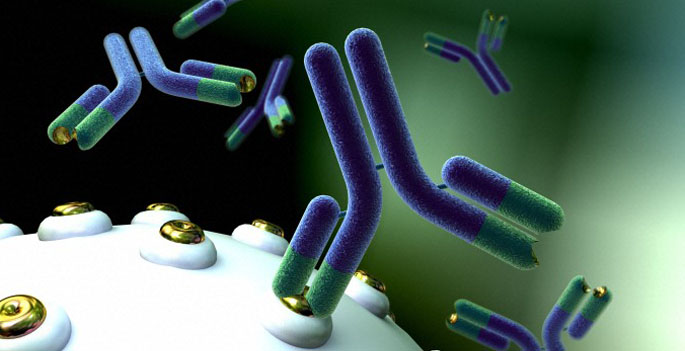
HDAC3 role in B-cell development
The histone deacetylase HDAC3 is required for the maturation of B cells, white blood cells that produce antibodies. Read MoreAug 3, 2017
-
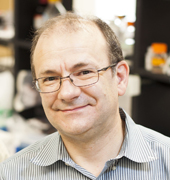
Immune responses linked to cell’s recycling system
Autophagy is the cellular equivalent of trash pickup and recycling — it is a process by which proteins, protein aggregates and damaged cellular organelles are degraded in order to reuse nutrients and promote cellular metabolism. Read MoreJul 20, 2017
-

Study finds common brain scanning technique maps electrical activity as precisely as more invasive methods
A commonly used brain scanning technique can map electrical activity under the skull as precisely as more invasive methods that rely on probes or electrodes, researchers at Vanderbilt University Medical Center (VUMC) reported this month. Read MoreMay 25, 2017
-

A new mode of DNA repair
Structural details of a protein that removes DNA lesions shed light on fundamental mechanisms of DNA repair. Read MoreApr 14, 2017
-
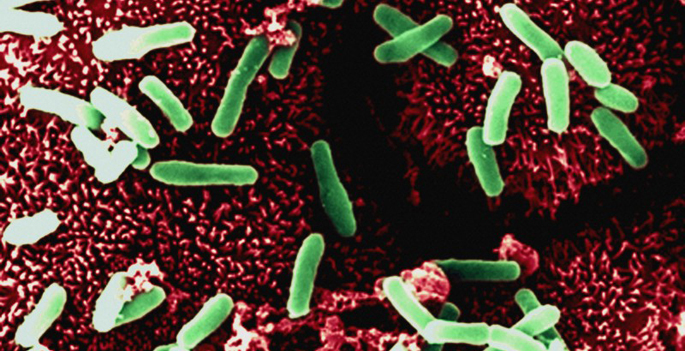
New target for chronic infection
An enzyme in macrophage immune cells may be a good target for treating chronic infections, Vanderbilt researchers have discovered. Read MoreFeb 2, 2017
-

Research sheds light on how RSV wards off potential vaccines
Respiratory syncytial virus (RSV) is the major cause of life-threatening viral pneumonia in infants worldwide, yet despite repeated efforts, scientists have been unable to develop an effective vaccine against it. Read MoreOct 20, 2016
-

Targeting norovirus “noxiousness”
New discoveries will guide efforts to develop vaccines or antiviral agents for norovirus, the most common cause of infectious diarrhea. Read MoreSep 28, 2016
-

VUMC researchers seek to crack the code of neonatal sepsis
Sepsis, an exaggerated and overwhelming inflammatory response to infection, is a major worldwide killer of babies in the first four weeks of life (neonatal period). Read MoreJun 2, 2016
-

New pain medicine from a fungus?
Collybolide – a natural product isolated from a mushroom – is a promising candidate for the development of non-addictive pain medicines. Read MoreMay 13, 2016
-
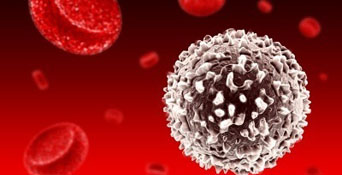
Improving natural killer cancer therapy
A newly discovered mechanism that helps cancer cells avoid destruction by immune system cells may improve immunotherapies. Read MoreApr 29, 2016
-

Fat hormone’s role in zebrafish
The hormone leptin regulates glucose balance, but not fat stores, in zebrafish. Read MoreMar 8, 2016
-

Slight chemical change may improve TB treatments: study
One small chemical change to an existing antibacterial drug results in a compound that is more effective against its target enzyme in tuberculosis, Vanderbilt researchers have discovered. Read MoreFeb 11, 2016
-
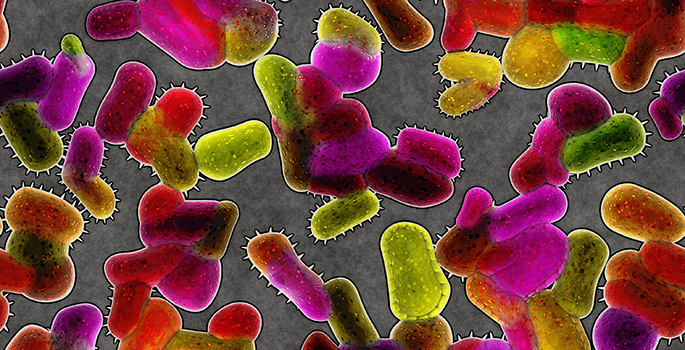
Dynamics of a drug resistance transporter
Vanderbilt investigators are exploring the shape changes in a multidrug transporter to understand the mechanisms of antibacterial resistance. Read MoreFeb 5, 2016
-
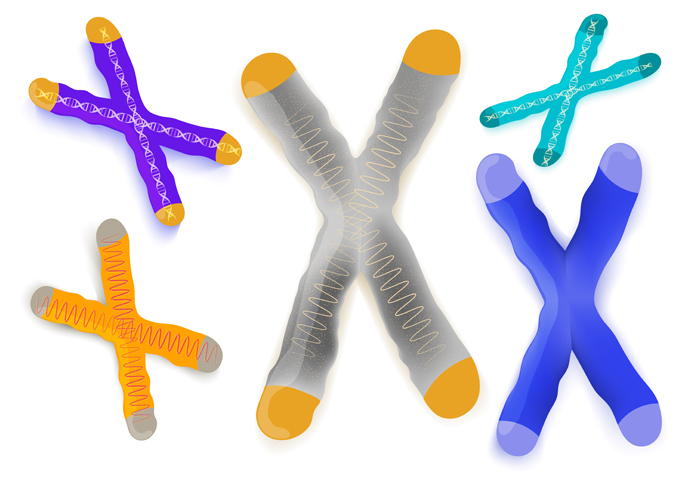
Copying chromosome caps
Telomeres – the caps on the end of chromosomes – are a source of stress for a particular protein involved in copying DNA, a new study reports. Read MoreJan 8, 2016
-

Compound developed at VUMC may delay Huntington’s disease
A compound developed by researchers at Vanderbilt University can improve early symptoms and delay progression of Huntington’s disease in a mouse model of the neurodegenerative disorder. Read MoreOct 29, 2015